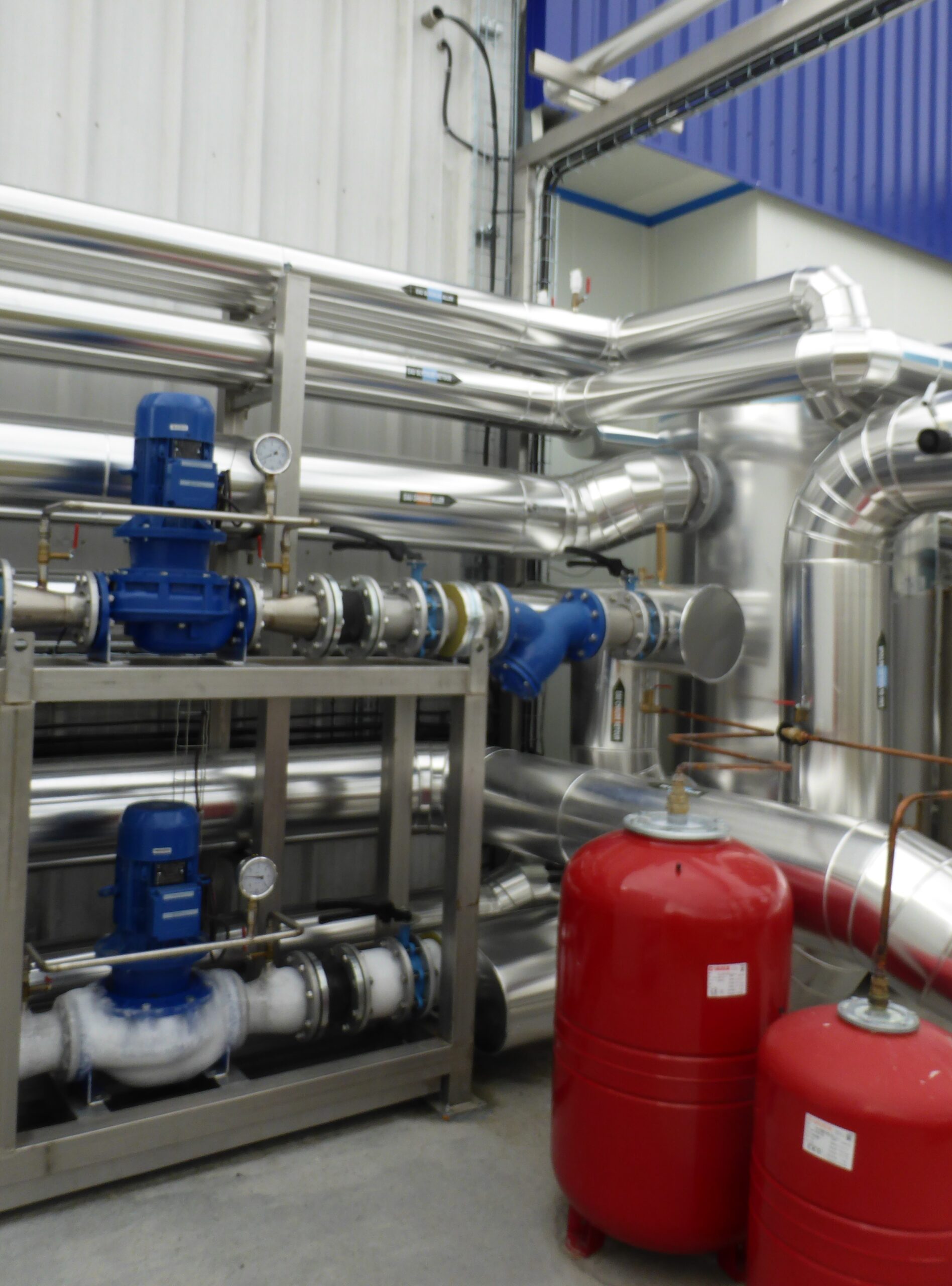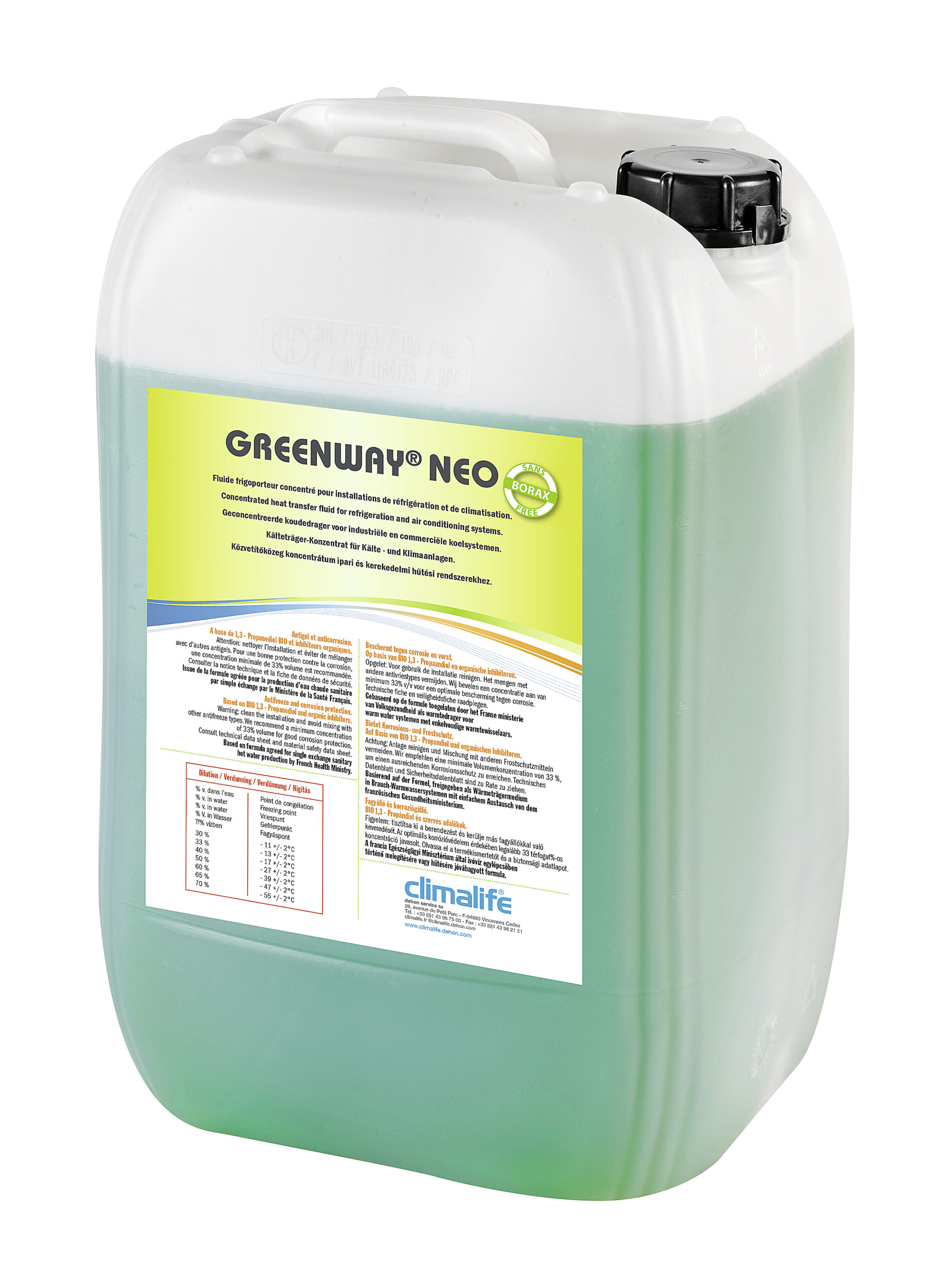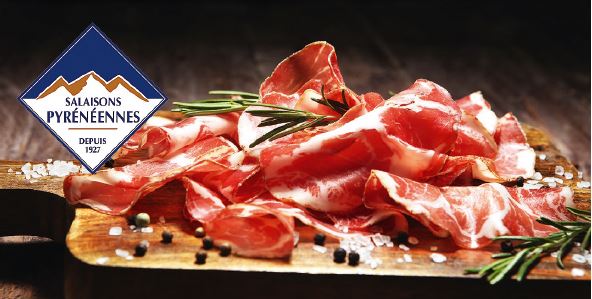The company, Les Salaisons Pyrénéennes, founded in 1927, specialises in the manufacture of cured meats (such as sausages, dried hams, capocollo and pancetta). Located at the foot of the Pyrenees in Bordères sur l’Echez in France, the company employs 35 people and has a turnover of 21 million Euros (2018). Like another well-known company in the South-West of France, La Maison Delpeyrat, with its foies gras, Les Salaisons Pyrénéennes belongs to the Maisadour cooperative group and contributes to its influence among gourmet consumers.
In April 2018, a project to roll out small cured meat products was examined, to complement the range of high added-value products under the Delpeyrat brand. The decision was taken to manufacture them at the Salaisons Pyrénéennes site. This was reflected by the upstream implementation of a pork production line based on 4 pillars :
– GM-free French food.
– Animal welfare.
– No antibiotic treatment.
– Respect for the environment.
In parallel Salaisons Pyrénéennes was committed to replacing chemical preservatives with natural preservatives.
The aim of the project was to double the production of small cured meats in the near future, hence the need to review the refrigeration installations.
Having a reliable and eco-friendly solution for refrigeration is essential
The cooling process plays a major part in the production of small cured meat products. As Frédéric Duprat, Production Site Manager, explained « This is the basis of our business. Whether for storing raw materials, baking or drying, we need refrigeration to conserve and also to trap moisture. The quality of our products depend on it. We need to be vigilant with the technology used in order to protect the production facilities and the continuity of our business ».
With the regulatory changes on refrigerants and the increase in production capacity over the coming years, Les Salaisons Pyrénéennes launched a call for tenders for their refrigeration installation with the aim of: « having a satisfactory, long-lasting and sustainable ecological solution » noted Frédéric Duprat.
Installation of an indirect system with Greenway® Neo
 Sarrat, located in Sauveterre de Béarn, has very close ties with the surrounding countryside and wishes to contribute to the energy and ecological transition, on a daily basis, by implementing innovative projects in industrial refrigeration. In December 2018, the company won the contract proposing a so-called indirect installation with ammonia as a refrigerant and Greenway® Neo plant based heat transfer fluid, to supply production and storage equipment. Its involvement in the project and technical know-how quickly reassured the end user and Delpeyrat technical management. Moreover, the chosen technological solution represented an investment of €900,000 and fitted in perfectly with the expansion project of the production site at Salaisons Pyrénéennes.
Sarrat, located in Sauveterre de Béarn, has very close ties with the surrounding countryside and wishes to contribute to the energy and ecological transition, on a daily basis, by implementing innovative projects in industrial refrigeration. In December 2018, the company won the contract proposing a so-called indirect installation with ammonia as a refrigerant and Greenway® Neo plant based heat transfer fluid, to supply production and storage equipment. Its involvement in the project and technical know-how quickly reassured the end user and Delpeyrat technical management. Moreover, the chosen technological solution represented an investment of €900,000 and fitted in perfectly with the expansion project of the production site at Salaisons Pyrénéennes.
Work on site was completed in three months to the customer’s requirements using a 3D representation of the project which saved time for all the technicians involved. Modelling in this way also simplified the prefabrication phase of the equipment on the installer’s premises along with the on-site installation given the very limited space available.
The machine installed was of simple, compact and modular construction. Two independent Tec Froid refrigeration units were installed. They each have a Bitzer type OSKA 8581-K screw compressor fitted with a speed controller. The cooling capacity installed is 2 x 380 kW over a temperature range down to -11°C. The ammonia charge is 2 x 49 kg and 120 litres of Reniso Ultracool 68 oil are used per system.
The condenser is fitted with a floating HP arrangement across a temperature range of up to +45°C which is used to produce hot water. In order to save energy, the heat from the refrigeration units is recovered for use in the cured meat drying workshop, and for the drying of the workshop after washing, to avoid contamination and development of mould. The refrigeration units are housed in custom built containers fitted with soundproof doors that halve noise levels.
In the secondary system, all pumps are paired to make the installation more secure. Sarrat selected Greenway® Neo heat transfer fluid for its environmental advantages. « It is a plant-based fluid which sets us apart in the market and reduces the carbon footprint. It provides excellent frost protection and its low viscosity reduces pump sizes and pipe dimensions. By choosing Greenway® Neo, we have a more virtuous overall approach than using traditional petroleum-based products » reported the installer Laurent Sarrat.
These machines currently supply one work room, five cold rooms, four drying ovens and five dryers. By 2020, this will grow to four work rooms, 10 cold rooms, six drying ovens and seven dryers.
The solution
« We are pleased to have opted for an installation using Ammonia and Greenway® Neo. We can reduce our carbon footprint and meet our CSR (Corporate Social Responsibility) commitment. Through this new refrigeration process, we can contribute to our environmental impact action plan which is important to our customers. We have also secured our process with a simple technical solution in terms of maintenance and operation ». Frédéric Duprat, Production Site Manager of Les Salaisons Pyrénéennes.
We are pleased to have opted for an installation using Ammonia and Greenway® Neo. We can reduce our carbon footprint and meet our CSR (Corporate Social Responsibility) commitment. Through this new refrigeration process, we can contribute to our environmental impact action plan which is important to our customers. We have also secured our process with a simple technical solution in terms of maintenance and operation ». Frédéric Duprat, Production Site Manager of Les Salaisons Pyrénéennes.
« We have been using Greenway® Neo since 2017, and are very happy with our selection. With this fluid, we are fully in tune with the times and we are making a full contribution to the ecological transition ». Laurent Sarrat, Manager of Sarrat.
Les Salaisons Pyrénéennes: Trusted know-how
Founded in 1927, Les Salaisons Pyrénéennes is renowned for the production of high-grade hams and cured meats. Its geographical location in the Bassin de l’Adour helps in the maturing of its products.
It’s here that the Jambon de Bayonne (Bayonne Ham) is produced which has been granted an IGP (Protected Geographical Indication); which guarantees authenticity and quality to its consumers.
The head office of Les Salaisons Pyrénéennes is in Ibos where a dried ham processing unit is located. The activity at Bordères sur l’Echez concentrates on small cured meat products (sausages, chorizo, capocollo, pork belly, pancetta).
800 tonnes of products are processed annually. The products have Label Rouge certification and are marketed through three distribution channels: hypermarkets/ supermarkets, restaurants/ catering, and via companies that purchase, slice and resell the products under their own brand name or export.
SARRAT in brief:
Date founded : 1970
Number of employees : 48
Turnover : 12 million Euros in 2018
Location: Sauveterre de Béarn (South West) France
Activity : Industrial refrigeration and air conditioning

